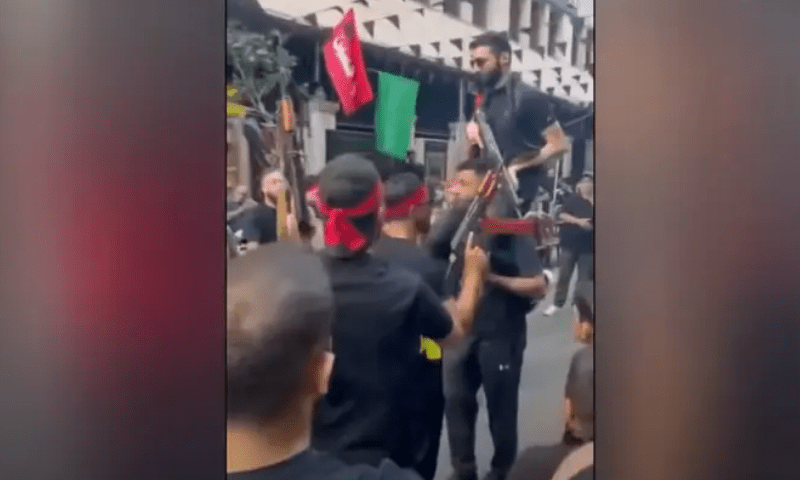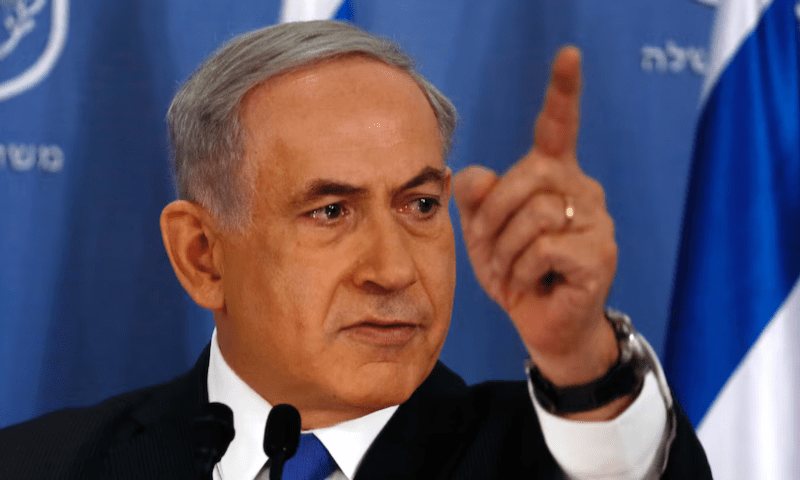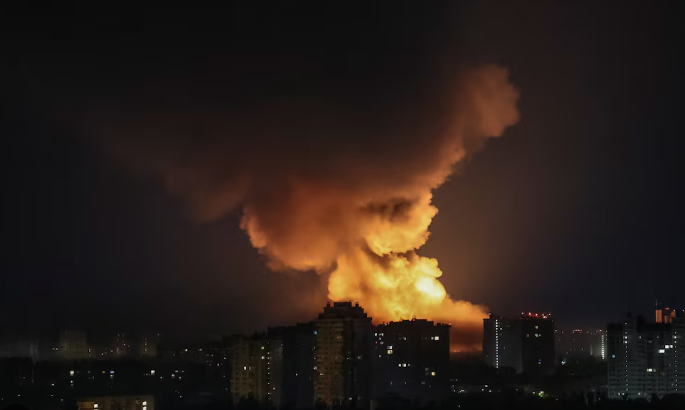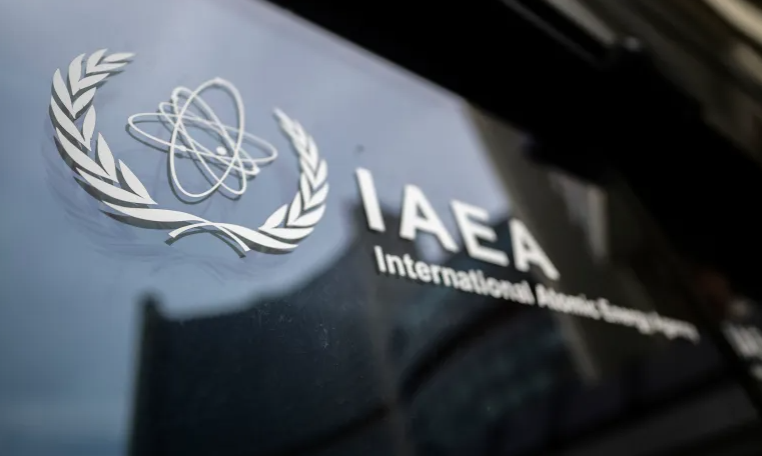WORLD NEWS
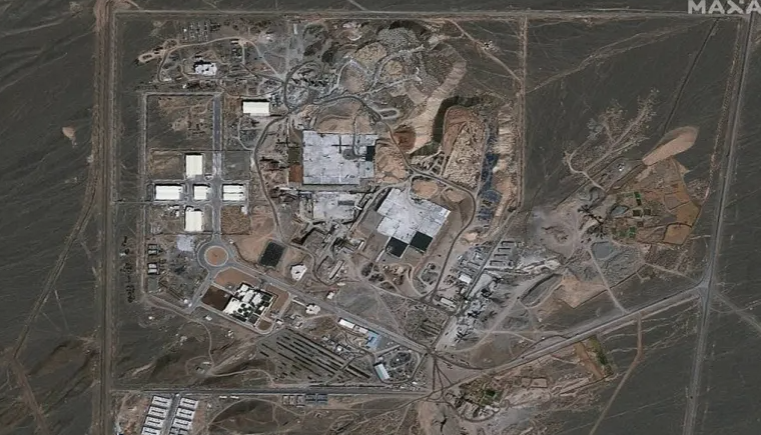
Former U.S. President Donald Trump has stated that Iran has refused inspections of its nuclear programme and continues to resist international pressure to halt uranium enrichment, following a major escalation in regional tensions.
Speaking to reporters aboard Air Force One after Independence Day celebrations, Trump claimed that Iran’s nuclear ambitions had been "set back permanently" by recent joint U.S.-Israeli military strikes. However, he admitted the programme could be restarted elsewhere, warning,
“If they did start, it would be a problem.”
Trump also suggested that Iranian officials had expressed a desire to meet with him, and said Iran will be a key topic in his upcoming meeting with Israeli Prime Minister Benjamin Netanyahu at the White House on Monday. Discussions are also expected to include a possible Gaza ceasefire.
IAEA Withdraws Inspectors Amid Crisis
The International Atomic Energy Agency (IAEA) announced on Friday that it has withdrawn its inspectors from Iran, citing a lack of access and escalating tensions after U.S. and Israeli airstrikes targeted nuclear facilities on June 22.
“It’s our top priority to resume verification and monitoring in Iran,” said IAEA Director General Rafael Grossi, who also voiced concern over the agency’s deteriorating relationship with Tehran.
Iran, still claiming commitment to the Nuclear Non-Proliferation Treaty (NPT), has grown increasingly distrustful of the IAEA. Officials condemned the agency for failing to denounce U.S.-Israeli military actions, while simultaneously passing a June 12 resolution accusing Iran of non-compliance—a day before the bombing campaign began.
Iran Cuts Ties with IAEA
In a dramatic move, Iranian President Masoud Pezeshkian officially cut ties with the IAEA, following parliamentary approval of a bill to suspend cooperation. The Guardian Council justified the decision as a matter of “national sovereignty and territorial integrity.”
Iran’s Foreign Minister Abbas Araghchi rejected Grossi’s recent request to inspect bombed nuclear sites, calling it “meaningless” and “possibly malign in intent.”
Although the IAEA says it has not received formal notification of cooperation suspension, the situation raises fears of nuclear opacity as no timeline has been given for inspectors’ return.
Uncertainty Over Uranium Stockpiles
While U.S. claims suggest the strikes damaged or destroyed three uranium enrichment sites, the fate of Iran’s enriched uranium stockpile remains uncertain. Of particular concern is over 400kg of uranium enriched to 60%, edging closer to weapons-grade (90%).
Tehran insists its programme remains civilian in nature, while Washington and Tel Aviv argue Iran was covertly developing nuclear weapons. However, neither U.S. intelligence nor the IAEA has confirmed evidence of a weapons programme.
As diplomatic channels fray and military action escalates, the region now faces a critical nuclear standoff, with global watchdogs sidelined and nuclear oversight fading fast.
